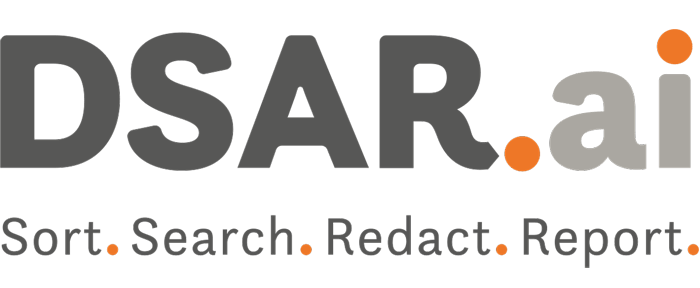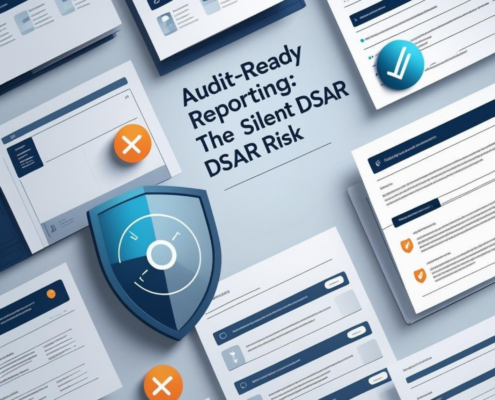
Dsar Compliance Insights
/
0 Comments
Master DSAR compliance by being audit-ready with automated tools, ensuring robust audit trails, and avoiding common pitfalls like manual redactions and fragmented tools.
 https://dsar.ai/wp-content/uploads/2025/06/featured-image-1750321811.png
1260
2240
Projects AIQuarter
https://dsar.ai/wp-content/uploads/2021/10/dsar-logo.png
Projects AIQuarter2025-06-19 09:30:212025-06-19 09:30:21Compliance Wake Up Call
https://dsar.ai/wp-content/uploads/2025/06/featured-image-1750321811.png
1260
2240
Projects AIQuarter
https://dsar.ai/wp-content/uploads/2021/10/dsar-logo.png
Projects AIQuarter2025-06-19 09:30:212025-06-19 09:30:21Compliance Wake Up Call
Understanding Dsar Process
Why Automating DSARs Is Now a Business ImperativeJust a few years…
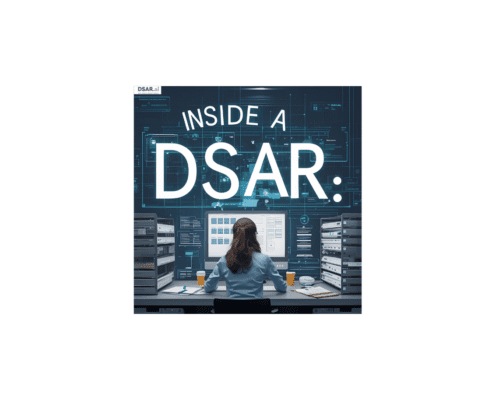
Inside a DSAR: What Really Happens When Someone Submits a Request
When someone submits a Data Subject Access Request (DSAR), what actually happens inside an organization? This blog takes you inside the full DSAR process — from intake to identity verification, data discovery, redaction, and secure delivery. We break down key compliance steps, common challenges, and best practices for responding quickly and accurately. Learn how automation can simplify DSAR management, reduce risk, and help your organization build trust in today’s privacy-first world.
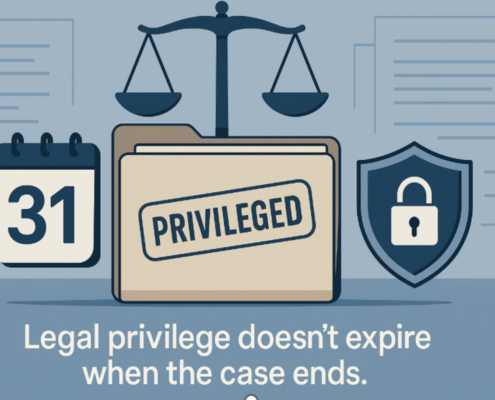
Legal Privilege and Data Subject Access Requests: Clearing Up the Expiry Myth
Many UK organisations mistakenly believe that legal professional privilege (LPP) ends once a legal case concludes. In reality, LPP continues to apply under the UK GDPR and the Data Protection Act 2018. This blog unpacks that misconception and explains how LPP remains a critical exemption in handling Subject Access Requests (SARs)—even after a case is closed.

Manual vs. Automated DSARs: A Smarter Way to Stay Compliant
ill handling DSARs manually? You could be risking delays, errors, and compliance gaps. This article breaks down the key differences between manual and automated DSAR handling—and shows how AI tools like DSAR.ai can boost accuracy, speed, and trust without increasing your team’s workload.
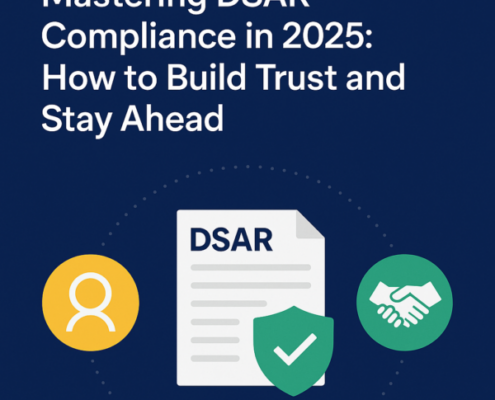
Mastering DSAR Compliance in 2025: How to Build Trust and Stay Ahead
n 2025, DSAR compliance is no longer just a legal checkbox—it’s a strategic imperative. This guide explores how organizations can transform their DSAR processes into a trust-building advantage by embracing automation, proactive data governance, and customer transparency. Discover how tools like DSAR.ai help you stay compliant, efficient, and ahead of the curve in an evolving privacy landscape

From Compliance To Confidence: Leveraging The DSAR.ai Platform
Handling Data Subject Access Requests (DSARs) in today’s privacy-first world is complex—but it doesn’t have to be chaotic. Discover how tools like dsar.ai help professionals automate DSAR workflows, ensure GDPR compliance, and turn a high-risk process into a streamlined, future-ready strategy.

ICO SAR Guidance Summary
The ICO has observed a significant rise in complaints concerning Data Subject Access Requests (DSARs). Between April 2022 and March 2023, the ICO received 15,848 complaints, highlighting ongoing challenges with compliance. In response, the ICO has taken enforcement action, such as reprimanding organisations for failing to meet DSAR deadlines. For instance, Norfolk County Council was reprimanded in May 2023 after responding on time to only 51% of DSARs between April 2021 and April 2022.

When Can You Withhold Information from a DSAR Request?
Under UK GDPR, organisations can withhold information from a Data Subject Access Request (DSAR) under specific circumstances. These exemptions must be applied carefully and justified on a case-by-case basis. Reasons include protecting third-party data, legal privilege, or manifestly excessive requests. Understanding and applying these exemptions correctly is vital for ensuring compliance while safeguarding sensitive information.
 020 8004 8625
020 8004 8625